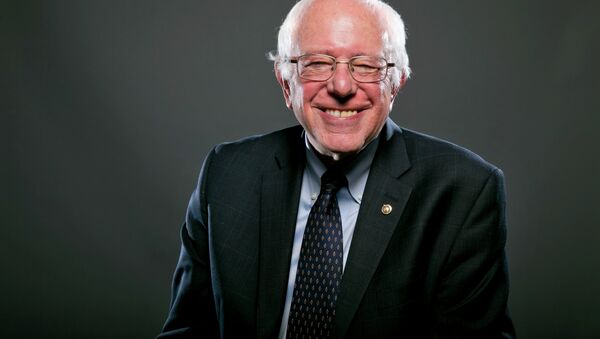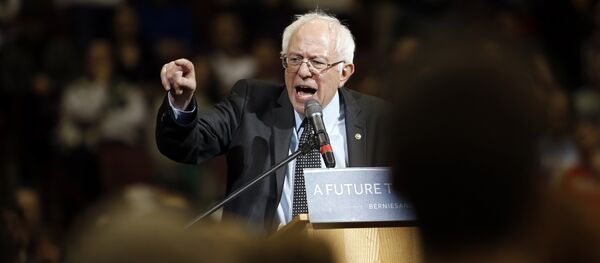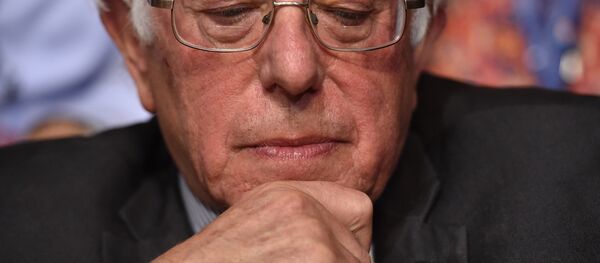Politico reports that senior Democrats like House Minority Leader Nancy Pelosi, Senate Minority Leader Chuck Schumer and Deputy Chair of the Democratic National Committee Rep. Keith Ellison will join Sanders in releasing the legislation.
Schumer said in an April speech, "You can bet Democrats in Congress are going to fight to make a $15 minimum wage a reality in this nation, from one end of the country to the other."
"Fifteen dollars isn’t going to make anybody rich. But it’s at least going to let people live a life of dignity. Every American who works hard is entitled to just that."
Vox quoted longtime Sanders policy director Warren Gunnels saying, "When this thought first came up, people were telling us, 'That’s just crazy! You’re nuts! It's pie in the sky! It’s not going to happen!'… It’s been a tremendous change."
In the recent past, many establishment Democrats didn’t support the idea of a $15-an-hour minimum wage, calling it impractically high. Sanders’ party rival during the 2016 election, Hillary Clinton, and others were only willing to go as high as $12 an hour.
This new surge of support is likely motivated by the presidency of Donald Trump and Republican dominance in Congress, along with a need to win back a progressive voting bloc that felt alienated by mainstream Democrats during the election.
According to the National Conference of State Legislatures, 19 states started the year off with higher wages. The nation’s capital, Washington, DC, has one of the highest minimum wages at $11.50 an hour. Other states with higher hourly wages include Massachusetts with $11, California with $10.50, Connecticut with $10.10 and Arizona and Vermont with $10.
Virginia, Utah, Idaho, Pennsylvania, North Dakota, Texas, Kentucky, Kansas, Iowa, North Carolina, Indiana and Wisconsin all meet the national minimum of $7.25, while the lowest minimums are in Georgia and Wyoming, with $5.15 an hour.
In an article co-written with Sen. Patty Murray (D-WA), Sanders pointed out that the average worker makes about 335 times less an hour than the corporations and CEOs they work for.
Sanders and Murray called the current national minimum a "starvation wage," writing that, "The erosion of the federal minimum wage is a major reason why more than 43 million Americans are living in poverty today. People are working, and they’re working hard. But they’re going nowhere in a hurry. Health-care costs are going up, child-care costs are going up, college costs are going up, and housing costs are going up. Wages are not. That has got to change."




